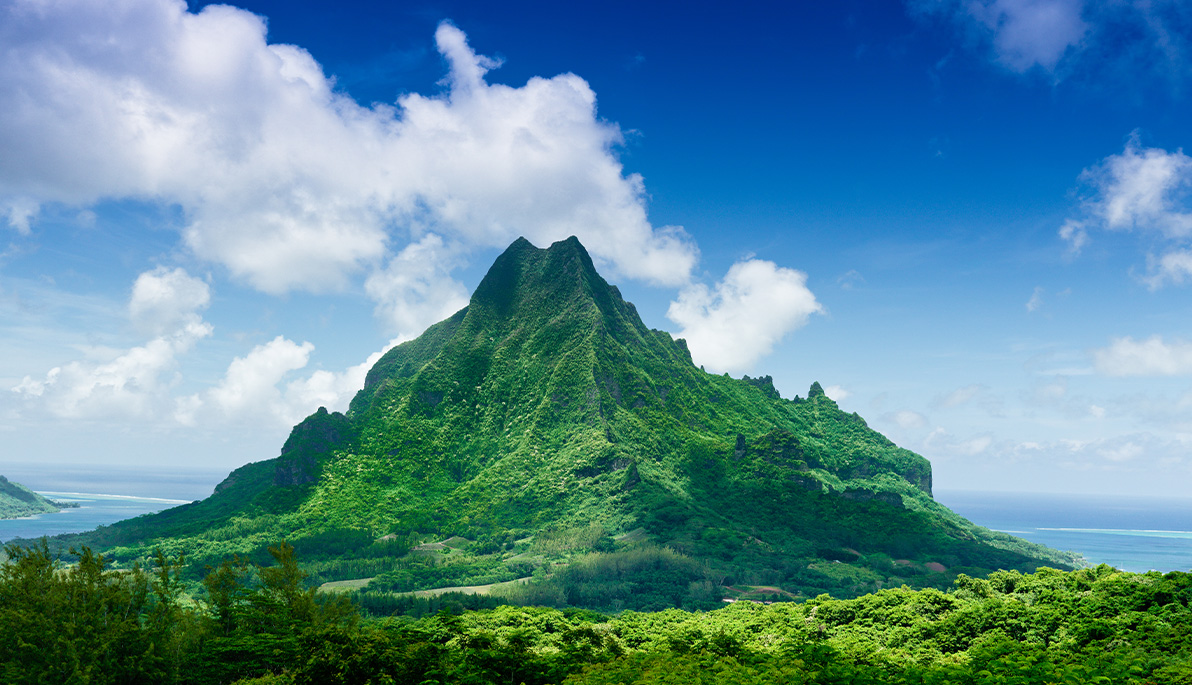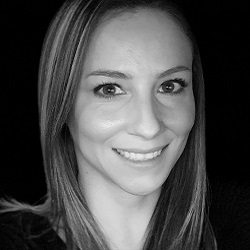News
Innovative Solutions for 21st-Century Global Health Issues
April 6, 2022
On March 19, the Center for Global Health competed once again at the annual Emory Morningside Global Health Case Competition (formerly the International Emory Global Health Case Competition).
Each year, the event gives graduate and undergraduate students from across the world the opportunity to collaborate on innovative, multidisciplinary solutions to a real-world global health problem, or “case.” This year’s event was held virtually and featured the case “Taking on Environmental Health Disparities: Developing Health Action Plans to Improve the Health of Indigenous Peoples.”
Teams served as representatives of organizations advocating for the rights of one of four indigenous populations: the indigenous people of French Polynesia, Diné (Navajo), Rohingya, or Inuit. Charged with developing strategies to address environmental health disparities faced by these populations, the students were given one week to create a 10-minute presentation that addressed these public health challenges.
Global health is a multidisciplinary field, requiring not only clinicians and healthcare providers, but also experts like engineers to build water and sanitation systems, biology experts, and collaborators from multiple other fields. Given this, the Center for Global Health’s team often includes students from the College of Osteopathic Medicine (NYITCOM), as well as students from New York Tech’s other five schools and colleges.
Accordingly, this year’s team featured medical students from both NYITCOM-Long Island and NYITCOM-Arkansas, as well as undergraduate students from the College of Engineering and Computing Sciences and the College of Arts and Sciences. Competing alongside prestigious institutions like Yale and Penn State, New York Tech went toe-to-toe with 40 teams across 15 countries.
“Our team tackled the challenges of the indigenous peoples of French Polynesia and focused primarily on the preservation of local language and climate change by addressing freshwater scarcity through the installation of borewells throughout the community,” said NYITCOM student Anvin Thomas. Thomas competed as a team member in last year’s competition and returned as the team’s advisor for 2022.
“From my perspective—from being part of the competing team last year to an advisor this year—I love competitions like these because they allow you to think critically and creatively about global health solutions to real international problems. It lets you think about specific populations and the unique challenges that affect them,” Thomas said.
While the team did not secure a winning prize, they received very positive feedback on their presentation, especially in regards to their plan’s innovation and sustainability. In addition, they gained invaluable problem-solving experience that will be carried into their professional and clinical careers.
“Through a strong, thorough focus on explaining our solution we were able to convey our message and reasoning well. This required a level of intricacy and teamwork that I will not soon forget, and which I will carry with me throughout future group projects and endeavors in medical school and beyond,” said NYITCOM student Gianna Petrillo.
Fellow medical student Kaylee Bressler agreed. “In the future, as a physician, this is something that will always be in the back of my mind. Besides the basic medical problems that a patient may have, what other factors may be influencing their health and well-being,” she said.
Bressler also noted that different cultural practices can shape the treatments and solutions that are viable for a patient.
“For example, in this competition, our research about the Tuamotu people of French Polynesia allowed us to discover that they hold seawater very sacred and see it as a gift from God. Therefore, they do not drink any water that comes from the sea. Knowing this was essential for our plan to increase access to drinking water, as it made desalination techniques a useless solution. This showed me that future treatments for patients need to be in line with not just their medical condition but also their cultural beliefs and daily practices.”
Members of the Center for Global Health’s 2022 team included:
- Izza Arqam, an undergraduate student in the Life Sciences, B.S. program
- Vincent Carbone, an undergraduate student in the Mechanical Engineering, B.S. program
- Kaylee Bressler, a medical student at NYITCOM-Long Island
- Erika Levy, a medical student at NYITCOM-Arkansas
- Yash Makkapati, a medical student at NYITCOM-Arkansas
- Gianna Petrillo, a medical student at NYITCOM-Long Island
Learn about New York Tech’s past Case Competition participation in an interview with Lillian Niwagaba, Ph.D., director of the Center for Global Health.





